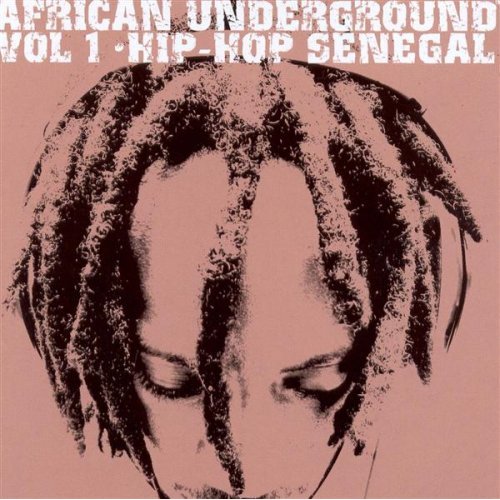As announced, I’m going to hit you with a bunch of African albums. Some of them are full albums by one crew, others are compilations made by well-meaning organizations in Europe who try to introduce the non-Africans among us to this vast continent full of music. I’ll have to admit that I don’t know too much about all of them, but I just figured I’d pass on what I’ve got my hands on so you can go and listen for yourself.
First off, there’s Positive Black Soul from Dakar, Senegal (West Africa). This duo consists of Doug E. Tee (Amadou Barry) and DJ Awadi (Didier J. Awadi) and they’re probably one of the very first African hip-hop crews who had international success beyond their continent. Active since the mid-80s as leaders of rivalling gangs, they used to compete with each other musically till they found out they were the perfect match and formed a crew in 1989. Their first release on cassette Boul Falé never really made it out of the country. With some help by French superstar rapper MC Solaar (himself a born Senegalese) and musical legend Baaba Maal, they eventually got a record deal with Mango Records and their second album Salaam enjoyed international success, followed by a tour through West Africa, America and Europe. They have since become the godfathers of Senegalese and West African hip-hop, making sure younger crews get some shine as well.
The album is made in Wolof (one of the languages spoken in Senegal), English and French – to make sure they are understood worldwide. This album must be seen as one of the biggest milestones in African hip-hop, as far as its international recognition is concerned.
Positive Black Soul – Salaam (1996)
More links:
Benn Loxo Du Taccu (African music blog)
Peace, 9@home







